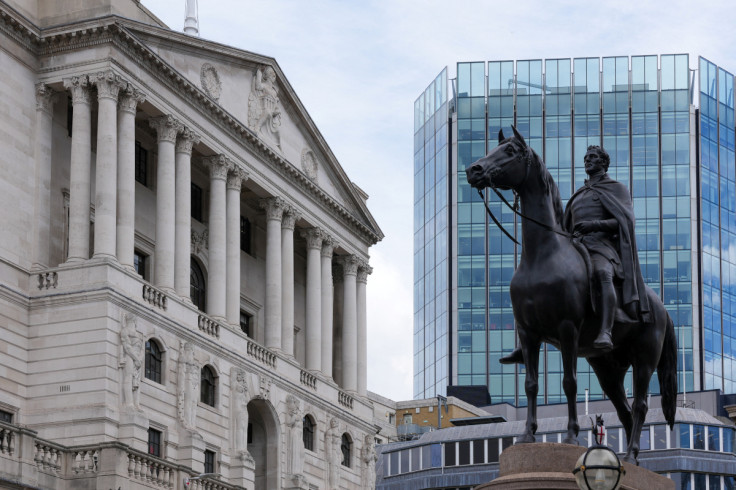How is the UK's rising inflation impacting the cost of living crisis?
The Office for National Statistics reported that the "prices of food and non-alcoholic drinks rose at the fastest rate in more than 45 years in the 12 months to February 2023."

The American banking failures in March have had a detrimental effect on the financial sector globally, and banks are under pressure as they raise interest rates to curb inflation.
On the 23rd of March, the Bank of England raised the interest rate to 4.25 per cent, which is an increase of 0.25 per cent.
According to the Bank of England, the increase in interest rates was due to very high inflation at around 10 per cent and the target is 2 per cent. Stating that "raising interest rates is the best way" to "bring down inflation," meaning "many people face higher borrowing costs" in addition to "higher energy and food bills."
Although consumers will be hit with increasing costs, the idea is that they will spend less and prices will rise slower keeping the rate of inflation low. Whereas, low-interest rates encourage spending and increase the rate of inflation.
Also, UK consumer confidence has risen as figures from GfK Consumer Confidence Survey
(carried out on behalf of the European Commission) shows the index rose to -36 in March 2023, up by two points from -38 in February. The measures indicate consumer attitudes regarding the general economic situation.
Furthermore, Joe Staton, Client Strategy Director, GfK stated: "Widely reported headwinds of inflation continuing to outstrip wage rises, and the ongoing household challenge from the cost-of-living crisis, consumers have suddenly shown more optimism about the state of their personal finances and the general economic situation."
The UK retail sales have fallen, as Victoria Scholar, Head of Investment, interactive investor, commented: "British February retail sales fell by 3.5 per cent year-on-year, outpacing expectations for a drop of 4.7 per cent. On a monthly basis, the figure increased by 1.2 per cent, the largest monthly increase since October 2022, also beating forecasts for growth of per cent."
She also added how "non-food sales volumes" were driven by "strong discounts at department stores" and the "food store sales rose in February partly thanks to reducing spending in crisis."
The Office for National Statistics explored the cost of living insights into food costs and reported that the "prices of food and non-alcoholic drinks rose at the fastest rate in more than 45 years in the 12 months to February 2023." Also, vegetables were the "largest contributor to the rise in food inflation," having risen "18 per cent in the year to February 2023 compared with 15.5 per cent in January."
In addition, according to their "latest public opinions and social trends survey", conducted between the 8th and 29th of March, "half of the adults in Great Britain are buying less food when food shopping."
According to Alliance News, the London stock market closed lower on Tuesday, 4th of April, with the pound trading around USD1.25, its highest level since June.
Furthermore, on Tuesday we saw the FTSE 100 index close down 38.48 points, or 0.5 per cent, at 7,634.52. In addition, the FTSE 250 ended down 64.37 points, or 0.3 per cent, at 18,815.04, with the AIM All-Share closing down 3.17 points, or 0.4 per cent, at 810.22.
Additionally, the Cboe UK 100 closed down 0.4 per cent at 764.05, the Cboe UK 250 closed down 0.3 per cent at 16,435.40, and the Cboe Small Companies ended down 0.4 per cent at 13,351.97.
The impact of the continual fall in stock prices negatively affects consumers and businesses as well as further depressing the state of the economy. As the economic conditions are not viewed to be optimistic by consumers entering the market and it creates panic and fewer and lower-risk investments are made.
The International Monetary Fund said that the US and Europe's "recent banking turmoil" further complicates "central banks' fight against high inflation." And banking risks "could intensify in coming months amid the continued tightening of monetary policy globally."
Silvana Tenreyro, a member of the central bank's rate-setting Monetary Policy Committee (MPC), expressed in a speech at the Royal Economic Society's Annual Conference in Glasgow on Tuesday, 4th of April that the Bank of England should cut interest rates. She said: "I expect that the high current level of Bank rate will require an earlier and faster reversal, to avoid a significant inflation undershoot."
© Copyright IBTimes 2024. All rights reserved.





